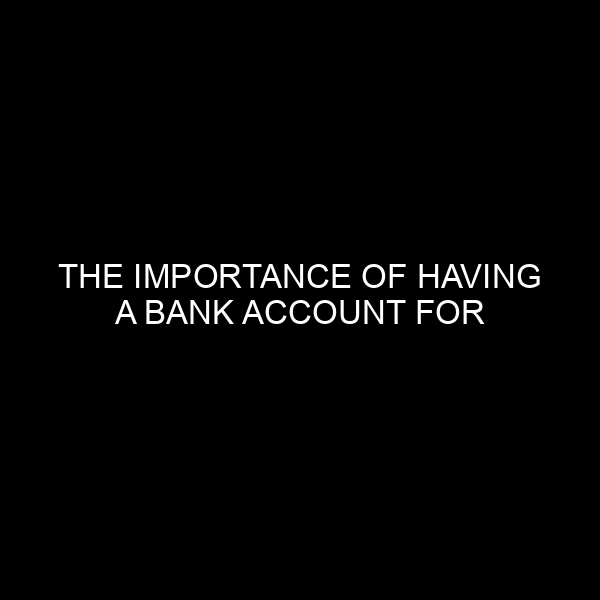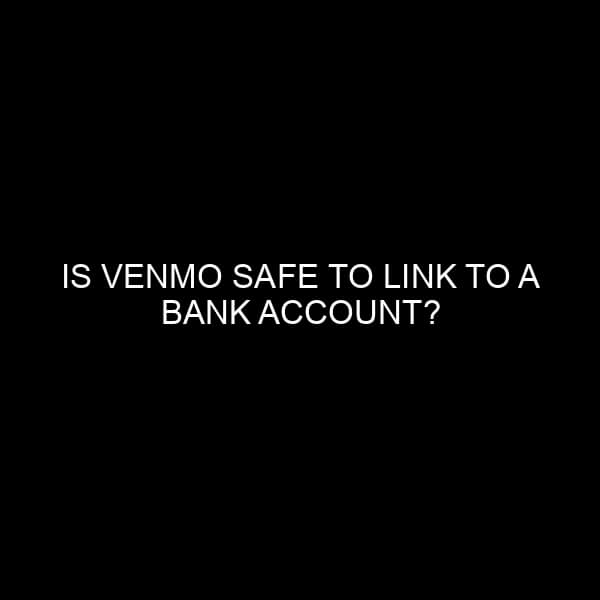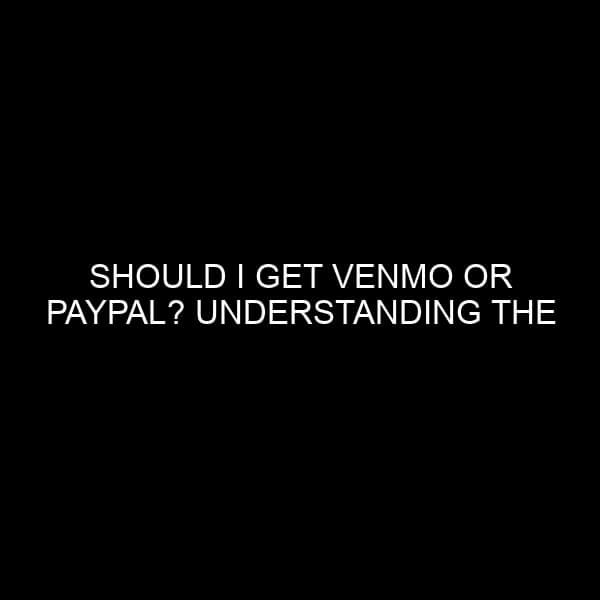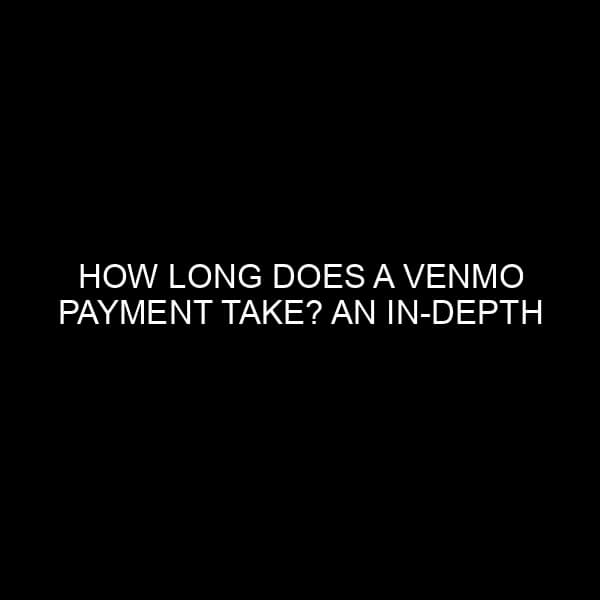Does Venmo Require an SSN? A Deep Dive into Financial Security and Identity Verification
In the digital age, where banking and transactions are often just a tap away, it’s imperative for consumers to understand the security and verification measures put in place by financial platforms. One of the more frequently asked questions regarding these platforms, particularly in the U.S., revolves around the use of Social Security Numbers (SSNs). In this comprehensive guide, I’ll focus on Venmo, a popular peer-to-peer payment platform, and its approach to SSNs. Drawing from my experience in the financial market and the banking industry, I’ll provide insights into the reasons behind such requirements and the importance of identity verification in safeguarding users’ interests.
Understanding the Role of SSN in Financial Platforms
1. Identity Verification: A Crucial Safety Measure
Before we dive into whether Venmo requires an SSN, it’s important to comprehend why SSNs are commonly sought by financial institutions. An SSN is a unique nine-digit number issued to U.S. citizens, permanent residents, and certain non-residents.
- Authenticity: SSNs serve as a primary way to confirm the authenticity of an individual. With identity theft becoming a rising concern, verifying the legitimacy of an individual’s credentials is of utmost importance.
- Financial History: For many financial institutions, an SSN provides a gateway to review a person’s financial history, aiding in the decision-making processes for services like loans or credit card issuance.
- Taxation Purposes: As it’s a tax identification number, SSNs are pivotal in ensuring transactions, especially those involving considerable amounts, are recorded for taxation purposes.
2. Venmo and Its Stance on SSNs
Venmo, a service of PayPal, Inc., operates as a mobile payment service. It allows users to share and make payments to friends, split expenses, and conduct other simple monetary transactions.
- Mandatory SSN Requirement: As of my last update in 2021, yes, Venmo does require users to provide their SSN, especially during specific circumstances. It’s essential to note that not all transactions will prompt this requirement. It’s mainly for situations where larger amounts are involved, or when users want to use additional features, like the Venmo debit card or the “cash out” function beyond a certain limit.
- Enhanced Verification: Asking for an SSN is a part of Venmo’s method of enhanced identity verification. Given the volume of transactions Venmo processes, this added layer of security ensures the service remains compliant with federal regulations and minimizes the risk of fraud.
- Data Protection: For those concerned about the safety of their personal information, Venmo, like other reputable financial platforms, employs stringent data encryption and protection measures. Your SSN, along with other sensitive data, is encrypted and stored with advanced security measures, reducing the risk of breaches.
3. User Experiences and Considerations
While many users comply with the SSN requirement without hesitation, recognizing its significance in ensuring their safety and that of their transactions, some raise concerns.
- Privacy Worries: There’s a valid worry about personal data misuse in today’s digital era. However, considering Venmo’s association with PayPal, a globally recognized payment platform, there’s a considerable level of trust involved. The brand’s reputation is contingent upon safeguarding user information.
- Transaction Limits: Users who don’t provide their SSN might experience transaction limits or certain feature restrictions. This is a standard industry practice, often seen across various financial platforms.
4. Alternatives and Options
For those hesitant to share their SSN with digital platforms, there are alternative options.
- Consider Using Basic Features: Many platforms, including Venmo, may allow basic transactions without SSN verification. These, however, will have limitations.
- Explore Alternative Platforms: There are numerous peer-to-peer payment platforms available. It’s essential to research and understand the terms of each before committing.
Conclusion
In summary, while Venmo does request SSNs under particular circumstances, this practice aligns with broader financial industry norms and is intended to protect both the user and the platform from potential fraud. As digital transactions become more commonplace, understanding the role and importance of SSNs in identity verification will be pivotal for all users.
Ensuring one’s safety in the digital banking landscape is a shared responsibility. While platforms like Venmo invest heavily in securing your data, users should remain informed and cautious, always ensuring they’re using official apps, keeping their software updated, and maintaining strong, unique passwords for their accounts.






